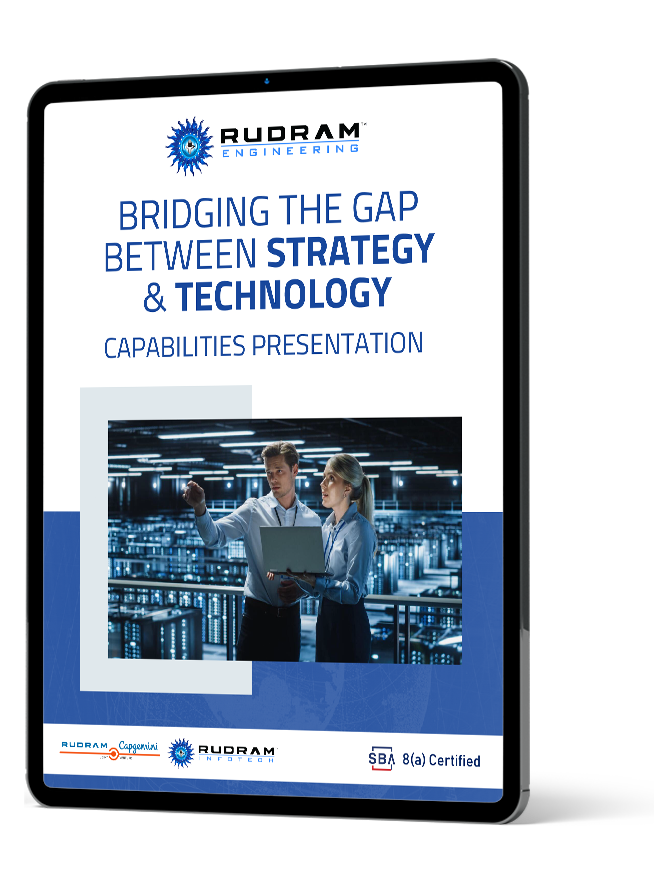Artificial Intelligence (AI) is revolutionizing the software integration landscape, offering unprecedented opportunities for businesses to streamline their operations, enhance customer experiences, and drive innovation. As AI continues to evolve, its impact on software integration solutions is becoming increasingly profound.
The Rise of AI in Software Integration
AI technologies are becoming integral to modern software integration solutions. As businesses face the challenge of integrating various applications and platforms, AI offers innovative approaches to simplify these processes.
Improved Efficiency and Automation
Enhanced Data Analytics
Personalised User Experiences
Predictive Maintenance and Anomaly Detection
Seamless Integration across Multiple Platforms
Improved Security and Compliance
The Future of AI in Software Integration
About Rudram Engineering
Rudram Engineering Inc. (REI) is a well-known pioneer in software systems engineering, recognized for its creative solutions and the latest cutting-edge technologies. By focusing its resources on developing cloud-based technologies, REI further employs the power of DevSecOps to build security into the software development life cycle. The company also adopts Agile software development methodologies to be flexible, effective, and quick in delivering quality software solutions. Rudram Engineering Inc. is a name that epitomizes quality with innovation; it establishes new yardsticks in the industry with solid, scalable solutions that meet the dynamic demands of engineering.
Conclusion
AI is undoubtedly shaping the future of software integration solutions. By improving efficiency, enhancing data analytics, delivering personalized experiences, enabling predictive maintenance, facilitating seamless integration, and improving security and compliance, AI is transforming the way businesses operate and succeed in today’s digital landscape.
If you’re looking to leverage the power of AI in your software integration solutions, consider partnering with Rudram Engineering. Our team of experts is dedicated to delivering cutting-edge AI-powered integration solutions that drive business growth and success. Contact us today to learn more about how we can help you harness the potential of AI for your software integration needs.
FAQs
`1.How can AI improve software integration efficiency?
AI can automate repetitive tasks, optimise workflows, and reduce the risk of human error, leading to significant time and cost savings for businesses.
2.What are the benefits of AI-powered data analytics in software integration?
AI-powered data analytics can uncover valuable insights, enable more informed decision-making, identify trends, predict future outcomes, and provide actionable recommendations based on data insights.
3.How does AI enhance personalised user experiences in software integration solutions?
AI analyses user behaviour and preferences to tailor content, recommendations, and interactions to individual users, improving engagement, satisfaction, and loyalty. AI-powered chatbots and virtual assistants can provide personalised support and guidance to users.
4.Can AI predict maintenance issues and detect anomalies in software integration systems?
Yes, AI can analyse historical data and real-time sensor information to predict potential issues, identify unusual patterns of behavior, and trigger alerts to prevent potential problems or security threats, reducing downtime and ensuring smooth operation of software systems.
5.How does AI facilitate seamless integration across multiple software platforms?
AI-powered integration solutions can bridge the gap between disparate systems, automate data mapping and transformation, and ensure compatibility and consistency across various platforms, enabling businesses to leverage the full potential of their technology investments.
